Question And Answer
Publications
Articles, publications, books, tools and multimedia features from the U.S. Institute of Peace provide the latest news, analysis, research findings, practitioner guides and reports, all related to the conflict zones and issues that are at the center of the Institute’s work to prevent and reduce violent conflict.
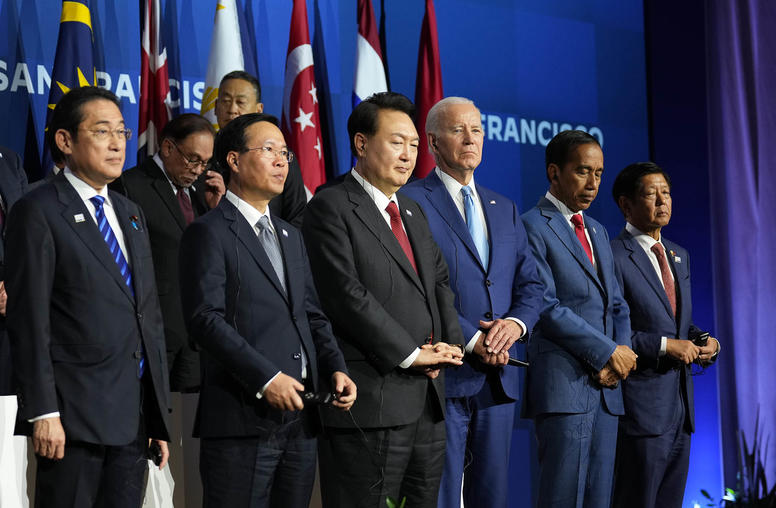
Two Years Later, What Has the Indo-Pacific Strategy Achieved?
This month marks the second anniversary of the Biden administration’s Indo-Pacific Strategy (IPS). USIP experts Carla Freeman, Mirna Galic, Daniel Markey, and Vikram Singh assess what the strategy has accomplished in the past two years, how it has navigated global shocks and its impact on partnerships in the region.
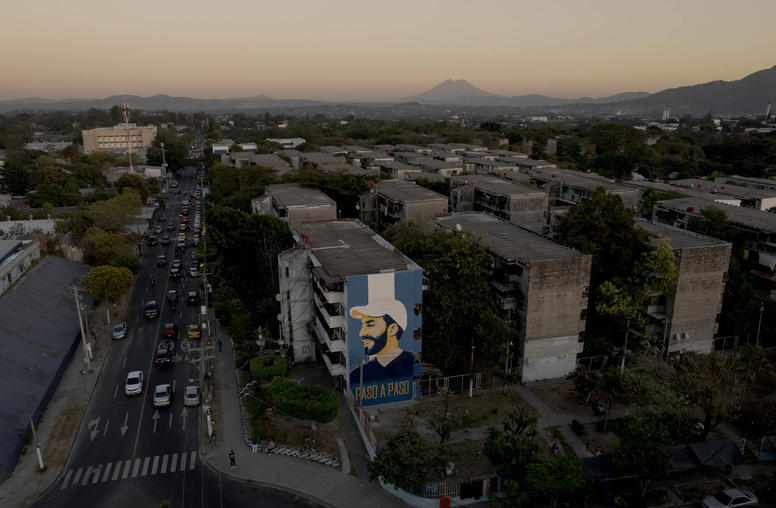
El Salvador’s Bukele: From ‘World’s Coolest Dictator’ to ‘Philosopher King’
El Salvador’s president, Nayib Bukele, celebrated a landslide electoral victory on Feb. 4, far outstripping his nearest competitor. “The opposition was pulverized,” Bukele told jubilant crowds outside the National Palace on election night. In reply to critics who warn that El Salvador is moving toward authoritarianism, he proclaimed, “we are not substituting democracy because El Salvador has never had democracy.” The leader who once called himself the “world’s coolest dictator” now boasts of being his country’s “philosopher king.”
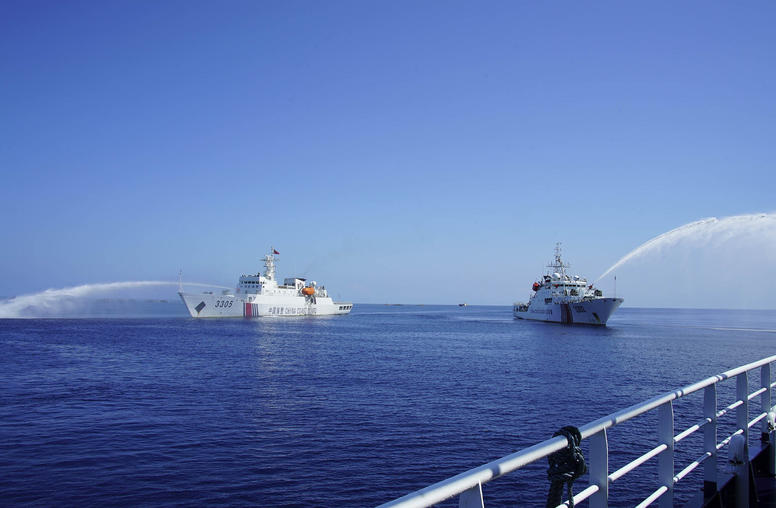
Are China and the Philippines on a Collision Course?
Tensions between China and the Philippines have sharply escalated in recent months over territorial disputes in the South China Sea that could draw in the United States.
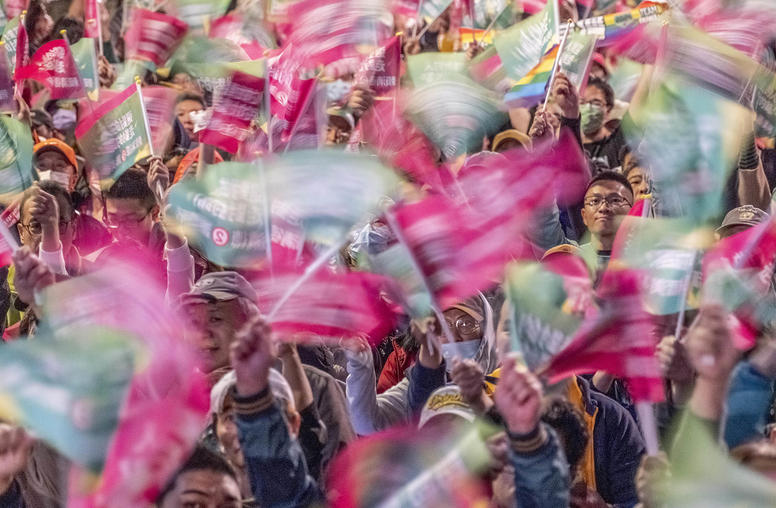
Are Taiwan and China on a Collision Course?
In a rebuff to China, Taiwanese voters on January 13 elected pro-sovereignty candidate Lai Ching-te as the island nation’s next president. Lai’s victory secures a historic third term for the ruling Democratic Progressive Party.

A Slippery Slope? U.S., U.K. Launch Strikes on Iran-Backed Houthis in Yemen
On January 12, the United States and the United Kingdom, supported by Australia, Bahrain, Canada and the Netherlands, launched military strikes against Houthi targets in Yemen in response to the group’s attacks on civilian and military ships in the Red Sea. The U.S.-led strikes are a significant escalation and part of the growing regional impact of the Israel-Hamas war, which the United States has been actively trying to prevent from turning into a regional war.
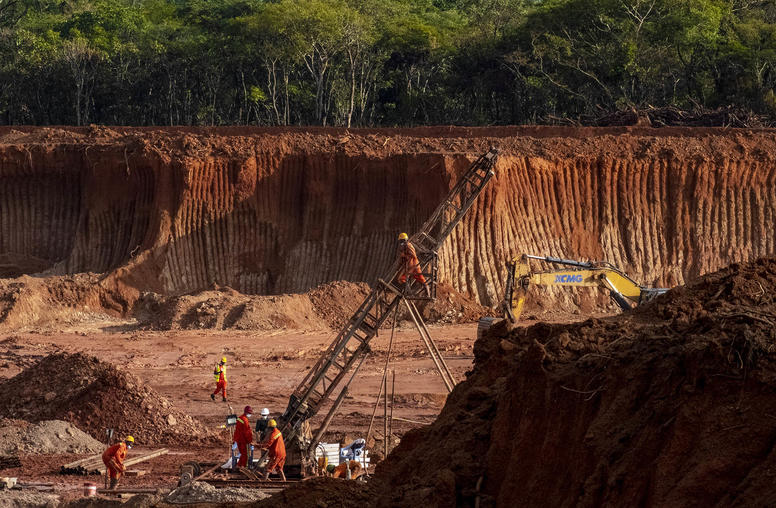
Challenging China’s Grip on Critical Minerals Can Be a Boon for Africa’s Future
Demand for the critical minerals powering the world’s clean-energy technologies, consumer goods and defense applications is skyrocketing. These metals are what the modern economy runs on: we need them for our phones, electric vehicles and satellites, and so much more. Forecasts estimate that in the coming decades, the world will need many times more cobalt, copper, lithium and manganese, among other minerals, than what is currently being produced.

Putin’s Next Term: More Repression in Russia, Aggression in Ukraine
Vladimir Putin views his election for a fifth term as president as a plebiscite to cement his legitimacy as a great wartime leader leading an existential fight to save Russia from Ukrainian “Nazis” and from Western threats to Russia’s very existence as a great power and a unique civilization.
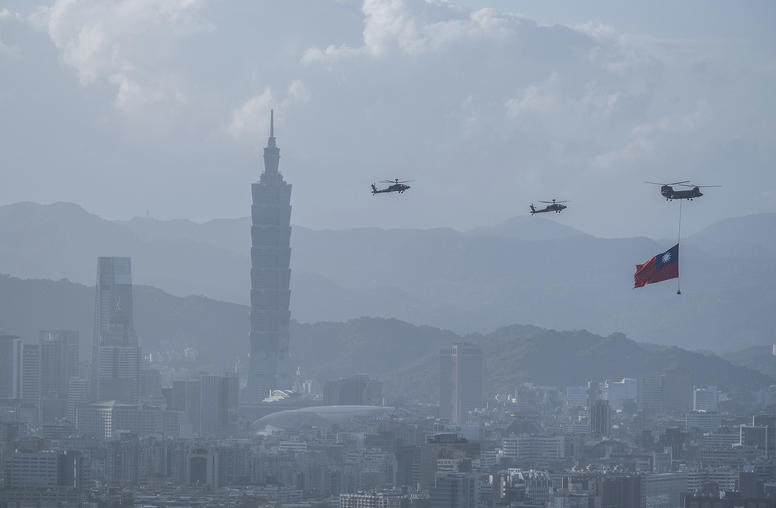
China Is Not Russia. Taiwan Is Not Ukraine.
Russia’s invasion of Ukraine — the most consequential military conflict Europe has witnessed since the Second World War — has riveted the attention of the world. Observers have grappled with the meaning of the act of aggression and scrambled to ponder the wider implications of the war. Almost inevitably people look to draw analogies—both historical and contemporary ones.

In Northeast India, Manipur’s Violence Echoes Sudan’s Darfur
Rising violence this year threatens to deepen instability in India’s far northeastern region. Ominously, the bloodshed centered in India’s state of Manipur includes elements that were visible in early stages of the 20-year-old conflict in Sudan’s Darfur region. Darfur’s violence has killed or displaced millions of people and helped lead to this year’s civil war across Sudan. Tragically, both countries have seen these disparate conflicts intensify through widened opportunities for ill-governed ethnic militias and for hate speech. These evolutions have hardened local conflicts over land or water into more extreme, venomous warfare between ethnic or religious communities. Darfur’s example underscores the urgent need for responses in Manipur.
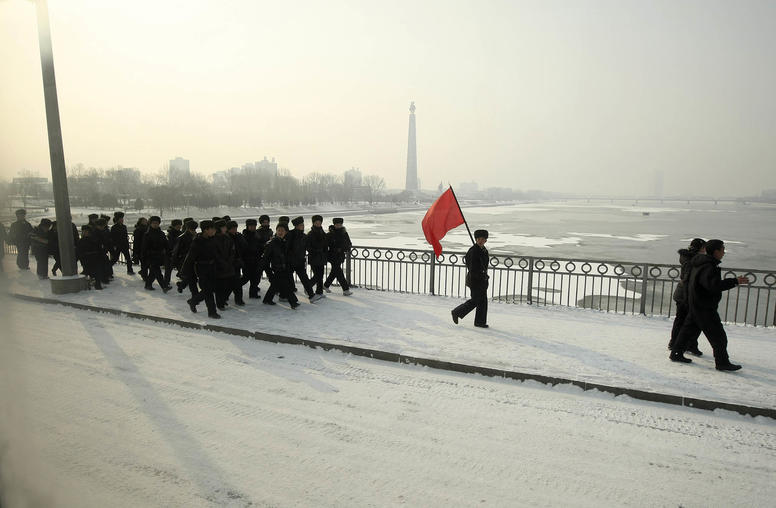
Could Climate Change Compel North Korea to Cooperate?
Like much of the rest of the world, North Korea is experiencing more frequent and more intense climate-related disasters. In the last few years, it has seen its longest drought and longest rain season in over a century. In 2021, the country’s reclusive dictator, Kim Jong Un, called for immediate steps to mitigate the dramatic impacts of climate change, which compound other challenges facing the country, like food insecurity. While North Korea is not exactly known for its efforts to cooperate with the international community, the severe threats posed by climate change could lead to broader engagement that serves Pyongyang’s interests, as well as the interests of the United States, South Korea and China, who all want peace and stability on the Korean Peninsula.